2022 Outride Summit: Changing the Lives of Youth and Communities Through Cycling
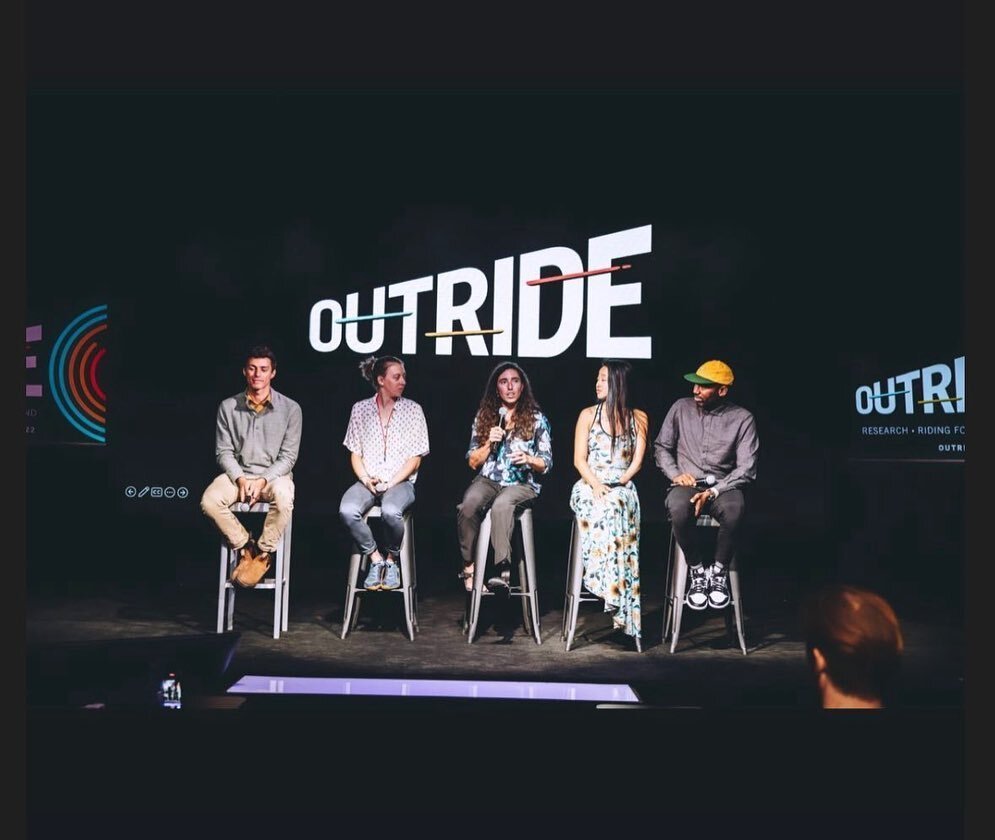
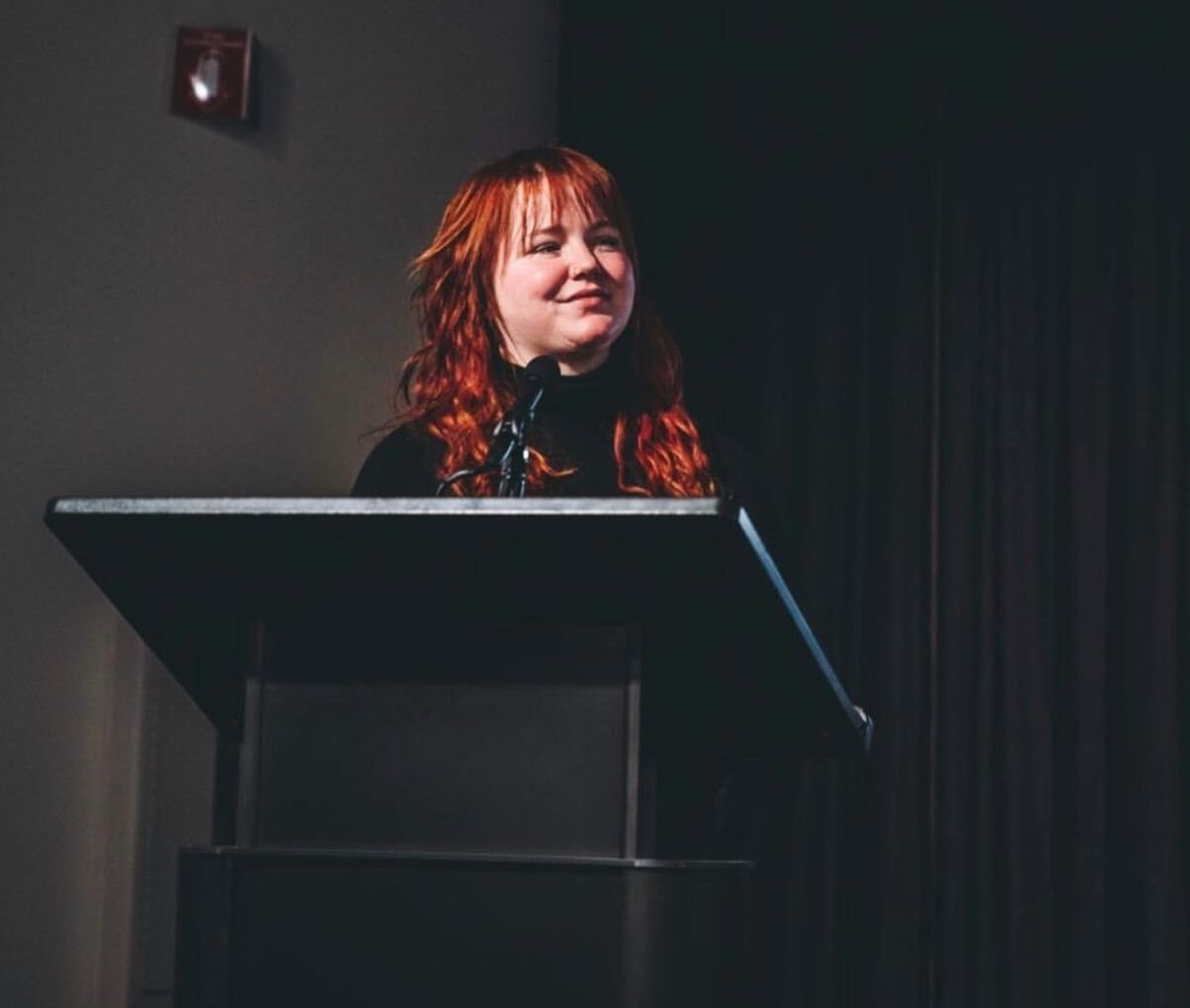
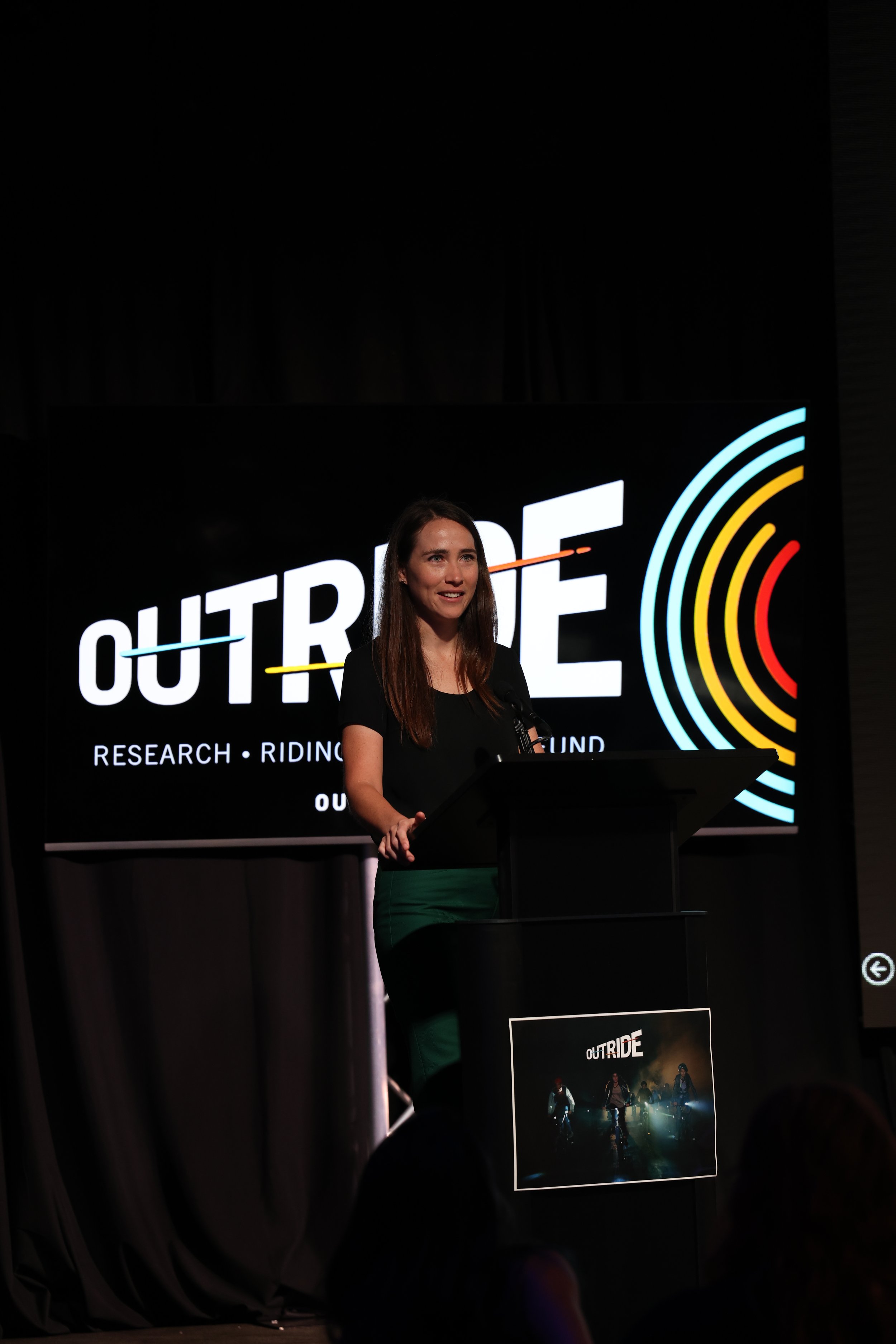
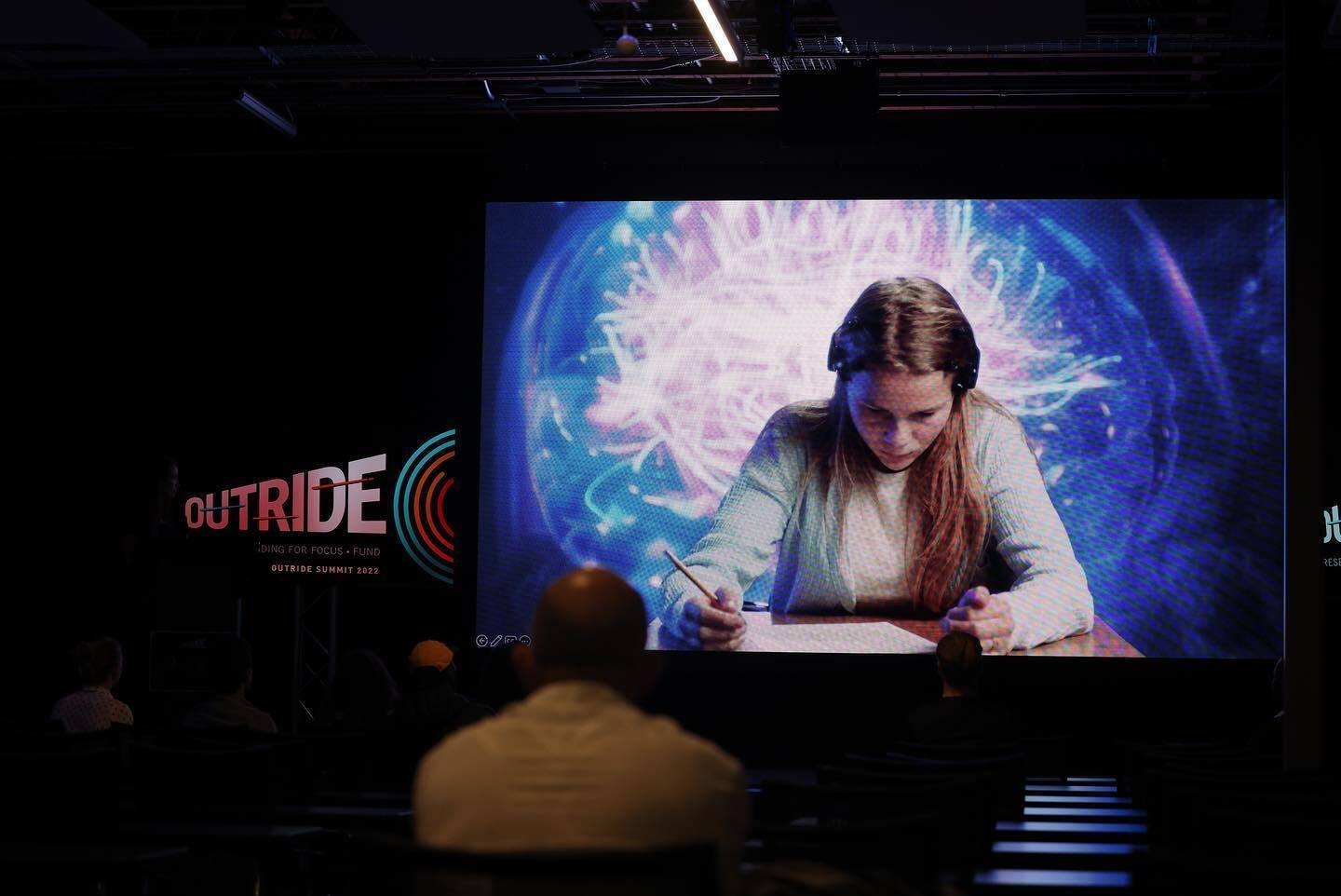
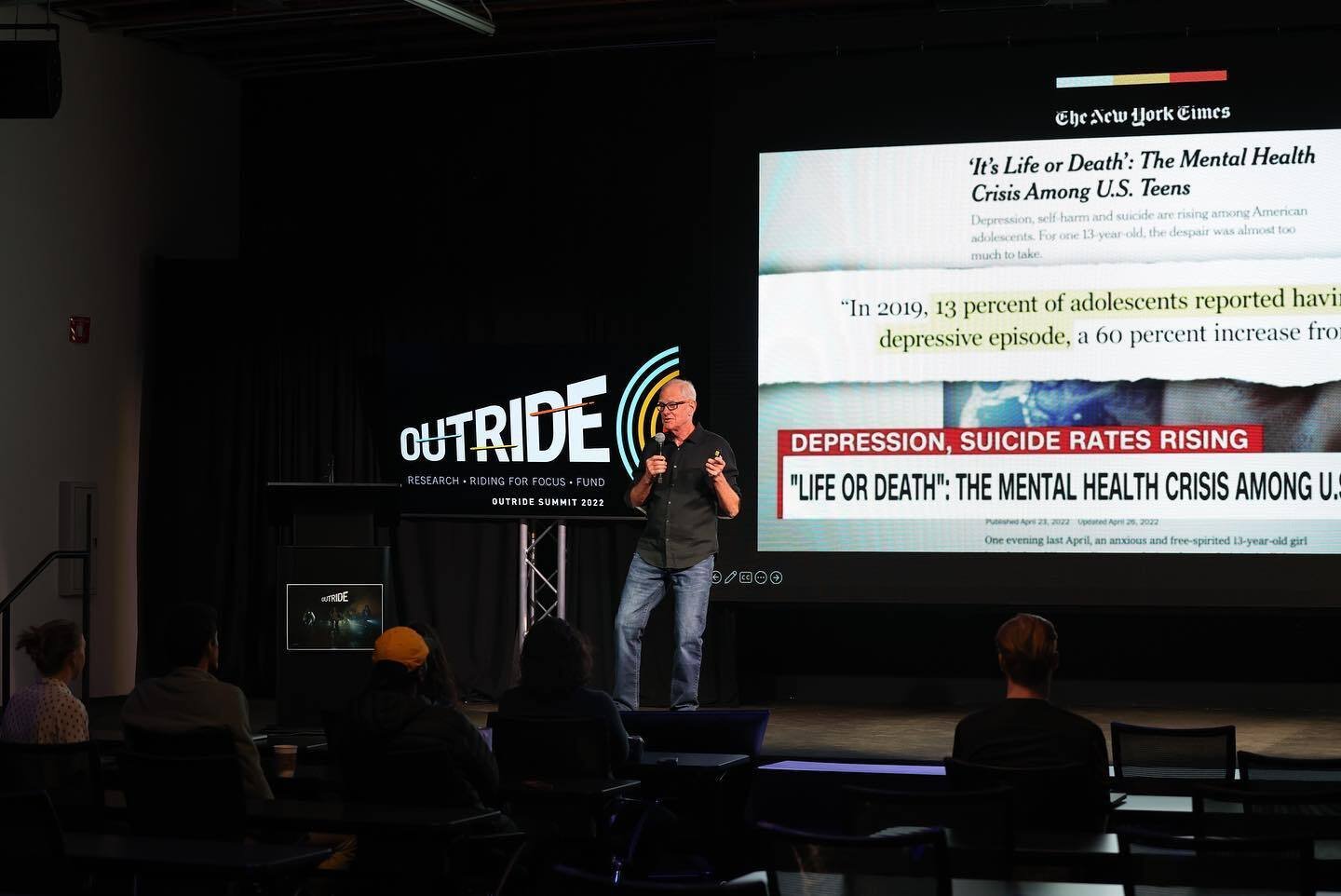
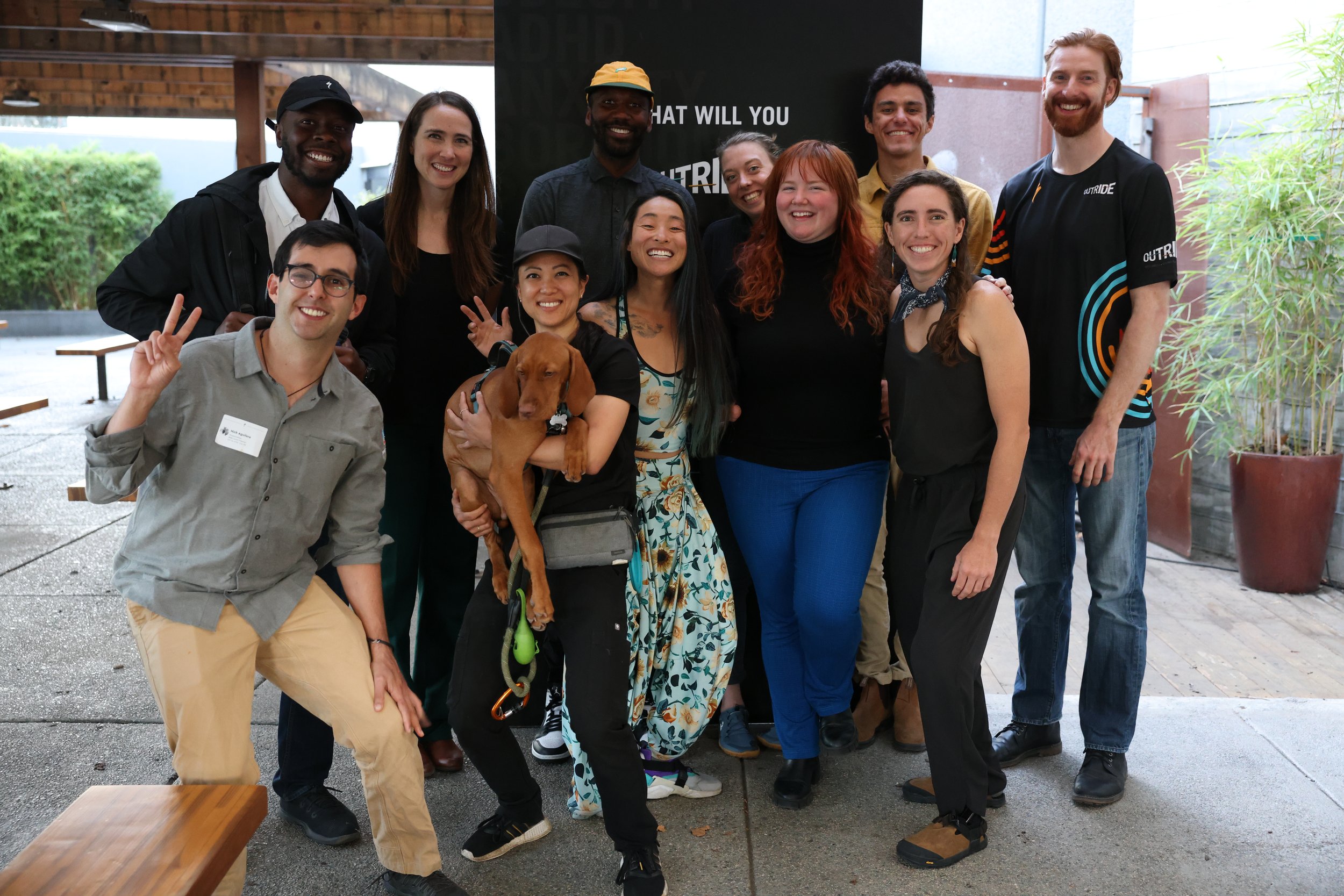
Photo Credit: Gretchen Powers
The 2022 Outride Summit brought together an array of leaders and incredible talent from across industries both digitally and live at Specialized Bicycle HQ in Morgan Hill, CA from multi-world champion and Olympic cyclists, to renowned researchers from the likes of Stanford University. The Outride Summit brought forward what Outride has believed all along: that cycling lights up the brain, and the benefits are far-reaching: assisting in empowering youth and communities to push through the cultural mental health crisis we are currently facing.
The Outride Summit focused on “Transforming Youth Cycling: Health, Community, and Access”, and the event provided a space to share stories, data, research, and new program initiatives to help support youth and community wellbeing through cycling. Over 500 educators, community organizers, university researchers, healthcare professionals, members of local and regional governments, and members of the bike industry attended.
The Outride Summit kicked off with a brief history of Outride, followed by a powerful statement by Mike Sinyard, founder of Specialized Bicycle Components and co-founder of Outride. Mike shared what inspired him to start Outride 10 years ago, and how continued advancements in research and technology demonstrate the incredible benefits of cycling on our physical and mental health, motivating him to continue to support Outride to help get more youth riding across the country. The key message: “It’s not about Specialized.” It’s about sharing the power of bikes to light up the brain and support happier and healthier lives – no matter what bike they’re riding. Allan Reiss, M.D. of Stanford University followed this up with important research findings that demonstrate the power of mobile brain imaging to capture what’s happening in our brains while we ride, and how cycling and physical activity help to support brain health and boost mood. Neuroscientist Luke Bashford, PhD partnered with Outride’s Research Manager, Esther Walker, PhD, to bring this experience to life during the interactive “Light Up Your Brain” demo. Local attendees got the opportunity to test out a mobile EEG headset and visualize their brain activity in real time (brain signal computation powered by Intheon).
Tasha Tinagero, Outride’s Marketing and Partnerships manager, sealed the opening session with an inspirational panel of Outride Ambassadors, featuring Olympians Haley Batten and Christopher Blevins, 11 time World Champion Dr. Meg Fisher, National Champion Josie Fouts, and industry-leading media expert and podcast host Christopher Stricklen. “The amount of connection that the bike brought me to communities… to other people, and then to myself became foundational for me at an early age and I think it’s the greatest gift I’ve had in my life,” said Blevins. The panelists shared their journeys with the bike, and why they have chosen Outride to partner with to inspire, engage, and increase access to cycling for the next generation.
The Summit then transitioned to over 25 insightful presentations and workshops on the power of cycling to transform the lives of youth and their communities. Some key themes emerged throughout the summit, including:
Cycling and physical activity have incredible benefits not just for the body, but also for the brain. Even a short ride has brain-boosting benefits!
School cycling programs can be beneficial not only for student well-being, but also for academic success, and for increasing motivation to continue to be active outside of school.
Youth-focused community-based cycling organizations are an important part of creating a larger community cycling ecosystem. Programming by such organizations can help foster a sense of belonging, build self-esteem, and help youth become stronger advocates for their community.
When creating programs and initiatives for young people, it’s important to provide them with a voice and a seat at the decision-making table. The bike industry can actively create opportunities for them to become more involved and more connected.
Creating larger pathways of engagement for young people to continue riding from childhood into adulthood is key for supporting long-term participation. This will require strong collaborations and partnerships between organizations, as it is a much larger undertaking than any of us could take on alone!
Women role models and coaches are imperative to the success of young girls feeling seen and represented. When focusing on increasing participation by young women and girls, particularly from low-income and marginalized communities, it is critical to be an active listener, taking their lead and being responsive to their needs.
Many schools and communities do not have easy access to safe places to ride. Organizations such as Transportation Alternatives and Safe Routes Partnership are helping to create safer streets for young people, and have developed insightful toolkits to help you get started in your community.
Building trust and showing up need to be at the core of this work. Focus on more than just giving out bikes. Work with communities to identify what’s needed to support ridership: safe places to ride, quality programming, staff support, mentorship, or even general community aid, as the barriers to participation are not always what you think they are.
“The Outride Summit created a space for researchers, practitioners, and community leaders to share relevant data, research, and work by some incredible programs around the country and the world,” said Esther Walker, Outride Research Program Manager and lead Summit organizer. “Through the Summit, we have seen and heard about the transformative power of the bike to change lives. We hope to have equipped attendees with more knowledge, data, and connections to advance youth and community well-being through cycling in their communities and around the world.”
Throughout the summit presenters and attendees mentioned a number of articles, links, and resources. They are compiled here, sorted by presentation and session.
